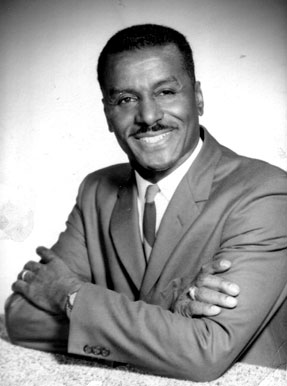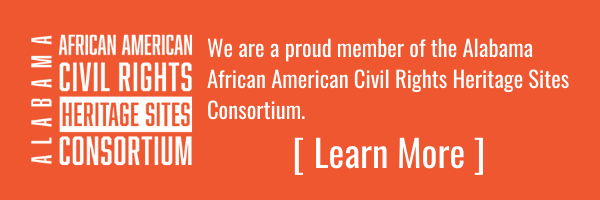by Andrew Manis, Macon State College
African American Baptist pastor and the central leader of the civil rights movement in Birmingham, Fred Lee Shuttlesworth (1922–2011) was one of the pioneering figures in the civil rights era. The organization he founded in 1956, the Alabama Christian Movement for Human Rights (ACMHR), joined with Martin Luther King Jr.’s Southern Christian Leadership Conference (SCLC) to protest segregation in Birmingham in 1963. Partly as a result of those direct-action demonstrations, the U.S. Congress passed the Civil Rights Act of 1964.
Born in Montgomery County on March 18, 1922, Shuttlesworth was raised near Birmingham in rural Oxmoor, Jefferson County. Brought up by his tough-minded mother, Alberta Robinson Shuttlesworth Webb, Shuttlesworth developed a combative personality that prepared him for civil rights leadership in Alabama. During World War II, he worked as a truck driver at Brookley Air Force Base in Mobile, and then, after experiencing what he believed to be a ministerial calling, Shuttlesworth enrolled in the now-defunct Cedar Grove Bible College in Mobile and later in Selma University, both Baptist institutions. He eventually graduated from Alabama State College in 1952 and became the pastor of Selma’s First Baptist Church. Personality clashes with deacons led to his ouster, however, and in early 1953 he took over as pastor of the Bethel Baptist Church in north Birmingham.





